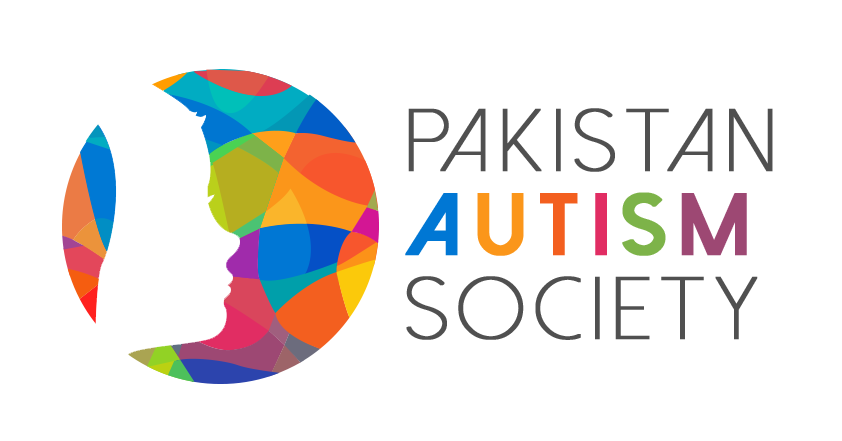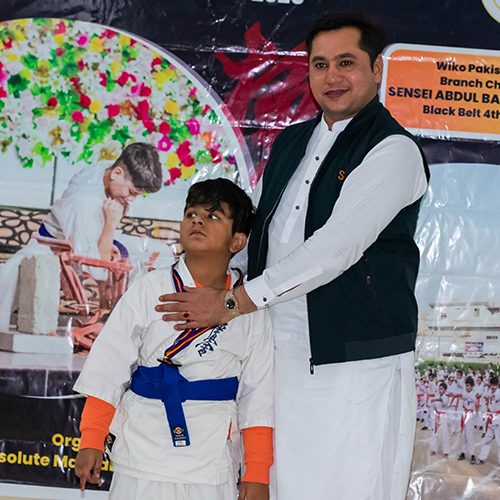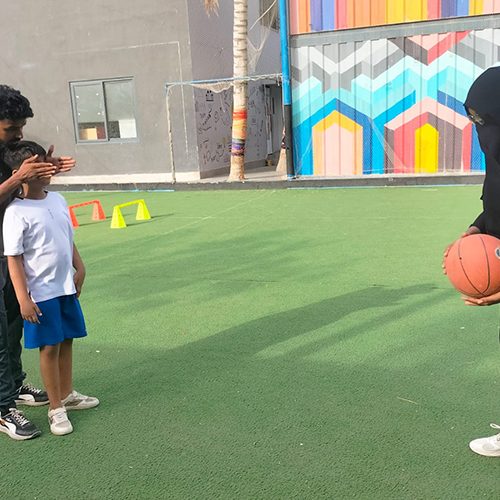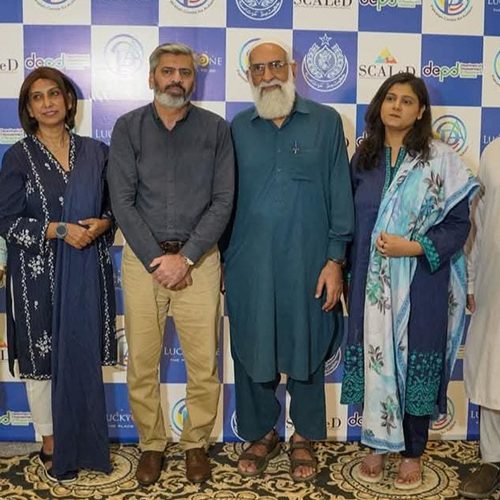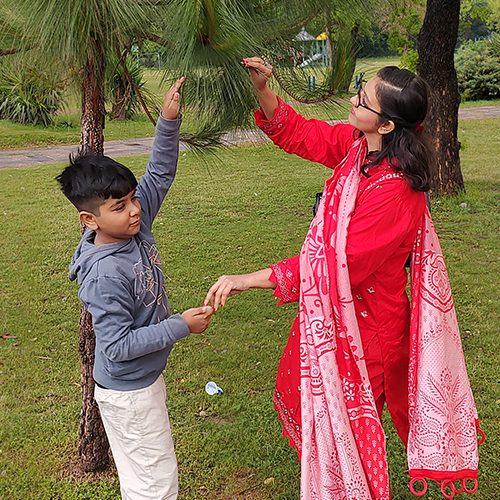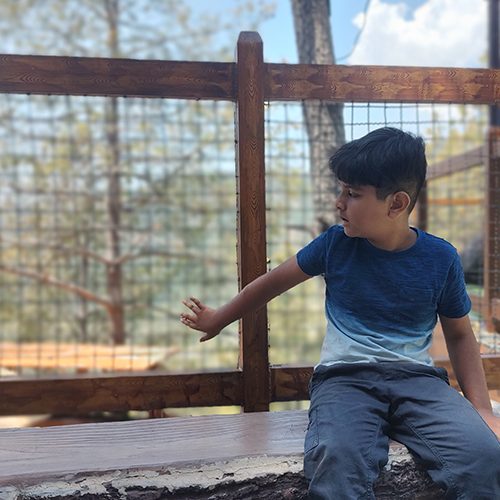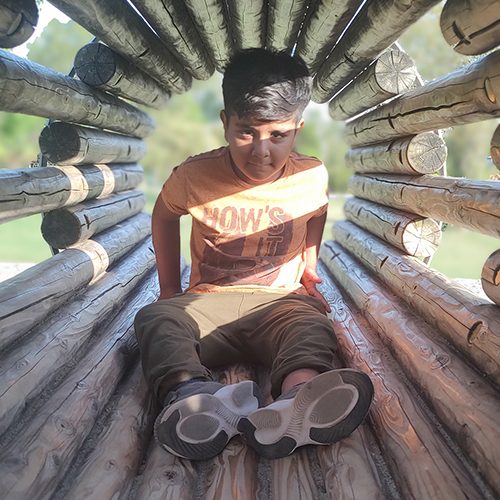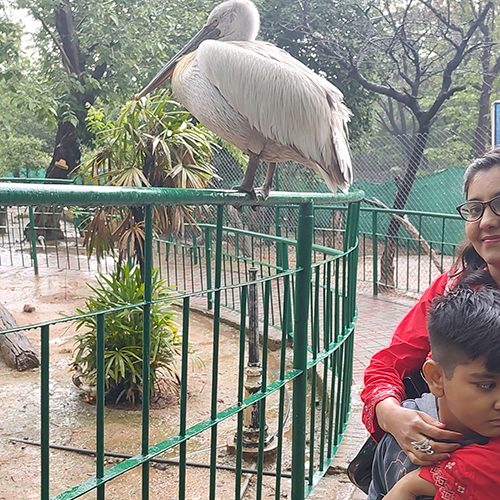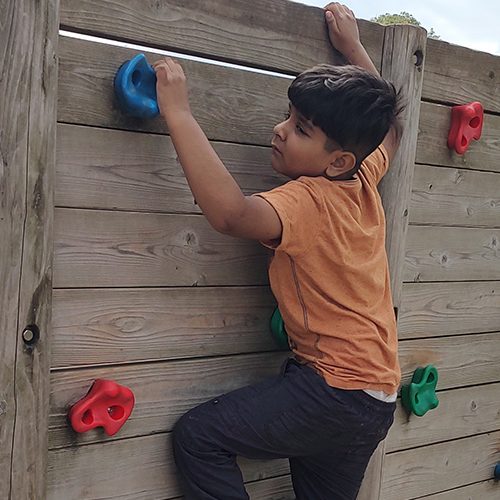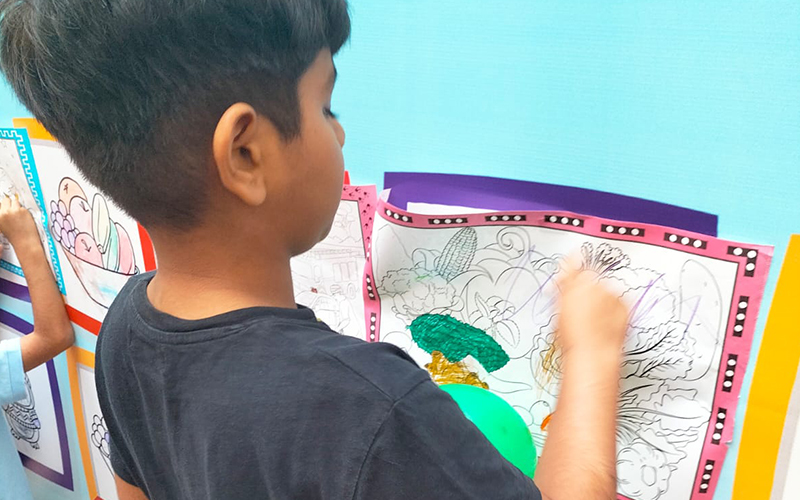
Autism Spectrum Disorder (ASD) is a neurodevelopmental condition that affects communication, behavior, and social interaction. Early intervention through therapies such as speech, occupational, and behavioral therapy is crucial for improving outcomes. In Pakistan, the accessibility and quality of these therapies vary significantly across regions, influenced by factors like urbanization, socioeconomic status, and awareness levels.
Availability of Therapies
Urban Centers
In major cities like Karachi, Lahore, and Islamabad, there is a growing number of centers offering specialized therapies for children with autism. Institutions such as the Autism Society of Pakistan provide comprehensive services, including speech and language therapy, occupational therapy, and behavior intervention plans. Similarly, the Pakistan Centre for Autism in Karachi offers multidisciplinary training and therapy services.
Private clinics and hospitals, like the Aga Khan University Hospital, also offer structured therapy packages. For instance, their Speech and Occupational Therapy Package includes five sessions of each therapy, focusing on individualized treatment plans.
Rural and Semi-Urban Areas
In contrast, rural and semi-urban regions face a scarcity of specialized therapy centers. Limited infrastructure, lack of trained professionals, and low awareness contribute to the inaccessibility of essential therapies for children with autism in these areas. Families often have to travel long distances to urban centers, which is both time-consuming and financially burdensome.
Quality of Therapies
The quality of therapy services in Pakistan varies widely. In established centers, therapies are administered by trained professionals using evidence-based practices. For example, the Autism Society of Pakistan employs highly skilled staff to deliver individualized educational plans and behavior intervention strategies.
However, a study published in the Journal of Business and Social Review in Emerging Economies highlighted that while many institutions offer speech-language interventions, the majority rely on experienced practitioners using methods like the Picture Exchange Communication System (PECS). This indicates a reliance on specific techniques, potentially limiting the diversity of therapeutic approaches. ResearchGate
Moreover, the lack of standardized training and certification for therapists across the country raises concerns about the consistency and effectiveness of therapies provided, especially in less regulated private setups.
Affordability of Therapies
The cost of therapy sessions in Pakistan can be prohibitive for many families. According to data from various sources:
- Applied Behavior Analysis (ABA) Therapy: Session costs range from PKR 1,500 to PKR 6,000, depending on the therapist’s experience. LinkedIn
- Speech and Occupational Therapy: Packages at institutions like Aga Khan University Hospital range from PKR 20,000 to PKR 39,000 for 8 to 20 sessions. Aga Khan University Hospital
These costs are substantial, considering the average household income in Pakistan. Furthermore, the absence of insurance coverage for such therapies exacerbates the financial strain on families.
Regional Disparities
The disparity in therapy services between urban and rural areas is stark.While urban centers have seen a proliferation of specialized institutions, rural areas lag due to infrastructural and resource constraints. This urban-rural divide results in unequal access to essential therapies, leaving many children without the support they need.
Initiatives and Recommendations
To bridge the accessibility gap, several initiatives can be considered:
- Teletherapy Services: Implementing telepractice platforms can extend therapy services to remote areas, mitigating geographical barriers. thetherapist.com.pk
- Government Support: Increased government funding and policy support can facilitate the establishment of therapy centers in underserved regions.
- Training Programs: Standardized training and certification programs for therapists can enhance the quality and consistency of services nationwide.
- Public Awareness Campaigns: Raising awareness about autism and the importance of early intervention can encourage families to seek timely support.
Conclusion
While Pakistan has made strides in providing therapy services for children with autism, significant challenges remain in terms of accessibility, quality, and affordability. Addressing these issues requires a concerted effort from government bodies, healthcare institutions, and civil society to ensure that every child with autism receives the support they need to thrive.
